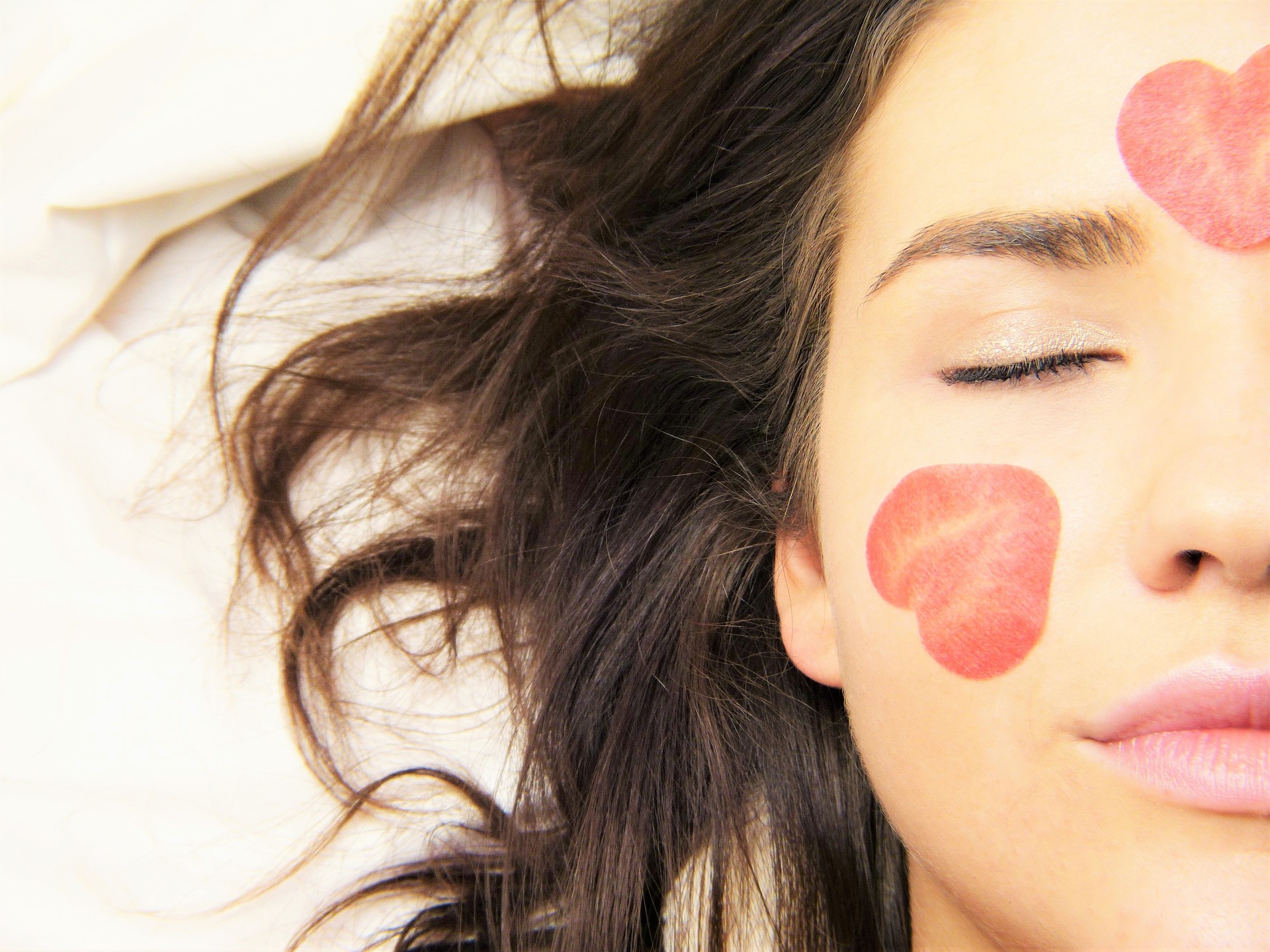Beauty Sleep: The Science Behind Overnight Skin Renewal
In the realm of beauty and wellness, few concepts are as intriguing and transformative as the notion of beauty sleep. While the phrase may seem like a whimsical marketing ploy, there's a wealth of scientific evidence supporting the profound impact of sleep on our skin's health and appearance. This isn't just about getting your eight hours; it's about understanding the intricate biological processes that occur while we slumber, revolutionizing our approach to skincare. From cellular regeneration to collagen production, the nighttime hours hold the key to unlocking our skin's full potential. As we delve into the fascinating world of nocturnal skin renewal, we'll explore how sleep quality affects our complexion, the role of circadian rhythms in skin health, and cutting-edge sleep-enhancing techniques that are reshaping the beauty industry.
In the 1950s, researchers discovered the different stages of sleep, including REM (Rapid Eye Movement) and non-REM sleep. This breakthrough laid the foundation for understanding how sleep affects various bodily functions, including skin health. By the 1990s, studies started to emerge linking sleep deprivation to accelerated aging and skin deterioration, sparking a renewed interest in the concept of beauty sleep among both scientists and beauty enthusiasts.
The Biology of Overnight Skin Renewal
During sleep, our bodies enter a state of repair and regeneration, and our skin is no exception. The nighttime hours see a significant increase in cell division and protein production, crucial processes for maintaining healthy, youthful-looking skin. Melatonin, often referred to as the “sleep hormone,” plays a dual role as a powerful antioxidant, protecting skin cells from oxidative stress and environmental damage.
Human Growth Hormone (HGH) production peaks during deep sleep stages, promoting collagen synthesis and skin elasticity. This nocturnal boost in collagen production is essential for maintaining skin firmness and reducing the appearance of fine lines and wrinkles. Additionally, the skin’s blood flow increases during sleep, allowing for better nutrient delivery and toxin removal.
Research has shown that sleep deprivation can lead to increased levels of the stress hormone cortisol, which can break down collagen and lead to premature aging. Conversely, adequate sleep has been linked to improved skin barrier function, better hydration, and enhanced wound healing.
Circadian Rhythms and Skin Health
Our skin, like many other organs, operates on a circadian rhythm – an internal 24-hour clock that regulates various biological processes. Recent studies have revealed that skin cells have their own circadian rhythms, influencing everything from cell division to sebum production and skin barrier function.
During the day, our skin focuses on protection against UV radiation and environmental stressors. At night, it shifts into repair mode, with increased blood flow and cellular regeneration. Understanding these rhythms has led to the development of chronobiology-based skincare products designed to work in harmony with the skin’s natural cycles.
Disruptions to our circadian rhythms, such as those caused by shift work or frequent travel across time zones, can have negative impacts on skin health. Research has shown that circadian rhythm disruptions can lead to accelerated skin aging, increased sensitivity, and even a higher risk of skin cancer.
Sleep-Enhancing Techniques for Better Skin
As the importance of quality sleep for skin health becomes more widely recognized, innovative sleep-enhancing techniques are emerging in the beauty and wellness industry. One such technique is sleep-specific breathing exercises, designed to activate the parasympathetic nervous system and promote deeper, more restorative sleep.
Another growing trend is the use of sleep-enhancing wearables and smart bedding. These technologies monitor sleep patterns and adjust factors like temperature and lighting to optimize sleep quality. Some advanced systems even incorporate gentle vibrations or sound frequencies to encourage longer periods of deep sleep, potentially maximizing the skin’s overnight renewal processes.
Aromatherapy has long been used to promote relaxation and improve sleep quality, but recent research is uncovering specific scents that may enhance skin renewal during sleep. Lavender, for instance, has been shown to increase slow-wave sleep, the stage most associated with physical restoration and skin repair.
Nighttime Skincare Routines: Maximizing Beauty Sleep
With a deeper understanding of overnight skin renewal, skincare experts are revolutionizing nighttime beauty routines. The focus has shifted from heavy, occlusive creams to products that work in synergy with the skin’s natural nighttime processes.
Ingredients like retinoids, peptides, and certain antioxidants have been found to be more effective when applied at night, aligning with the skin’s increased cellular activity and improved absorption capacity. Some brands are developing time-release formulations that gradually deliver active ingredients throughout the night, matching the skin’s varying needs at different stages of sleep.
Interestingly, the concept of “skinamalism” – a minimalist approach to skincare – is gaining traction in nighttime routines. This approach emphasizes quality sleep and a few targeted products over elaborate multi-step regimens, allowing the skin to engage in its natural renewal processes without interference.
In conclusion, the science of beauty sleep reveals a fascinating interplay between our nightly rest and skin health. As research continues to uncover the intricate mechanisms of overnight skin renewal, we can expect to see further innovations in sleep-centric beauty products and practices. By embracing the power of beauty sleep, we open the door to a more holistic, effective approach to skincare – one that works in harmony with our body’s natural rhythms to reveal our most radiant, well-rested selves.






